|
Physical activity is anything that gets you moving and raises your heart rate. Exerciseis any planned physical activity with thepurpose of gaining health benefits. As adults we usually plan our physical activity to stay healthy – but our kids usually get it in the form of play. Unfortunately, more and more schools are cutting down on the amount of time kids are allowed to play before, during, or after school. So, what does this mean for the parents out there who want to make sure their child is moving around enough during the day? You have probably wondered at some point: How much exercise is enough for my child so that they are healthy? Don’t worry! Here are a few guidelines to help you out!
Recommendations The American Heart Association recommends that children ages 2 and up get 60 minutes of moderate to vigorous physical activity a day. This physical activity can even be split up into 15 or 30 minute increments throughout the day. No need to be caught up with the intensity of activity because brisk walking is considered moderate activity and running is enough to be considered vigorous. The key to raising a healthy child is being able to establish these healthy physical activity habits early. Studies indicate that inactive children grow up to be inactive adults. Parents can help by being role models for their children by being active themselves. Make physical activity fun to increase participation – it can be anything your imagination can come up with! Benefits of Being an Active Kid
Sample Activities
Works Cited “The AHA’s Recommendations for Physical Activity in Children.” The AHA’s Recommendations for Physical Activity in Children. 22 Mar. 2013. Web. 8 Sept. 2014. “American Heart Association Recommendations for Physical Activity in Adults.” American Heart Association Recommendations for Physical Activity in Adults. 22 Mar. 2013. Web. 8 Sept. 2014.
1 Comment
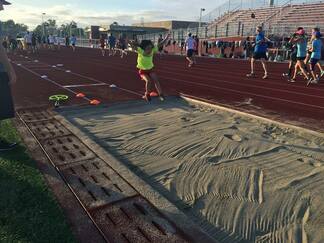 Monkey see, monkey do.’ We are all familiar with that phrase, referring to someone or something that copies another person. However, did you know it also might accurately represent a great strategy for parents to help their children develop good eating habits and activity levels? Research suggests that children whose parents play an active role in their health education while they grow up are less likely to become overweight, obese, and develop unhealthy habits (4). Parents, you play an exciting role in your child’s life. Kids are like sponges and they absorb all sorts of information around them. If you go out for a run, bike ride, or pickup soccer game they will see you and 9 times out of 10 will probably want to join you! As a parent, you are creating and influencing the habits that your children will rely on for the rest of their lives. There are many ways to go about combating obesity but one of the most important weapons in our arsenal is right at home. At 2nd Recess, we encourage parents to join their kids in active play because we know of the power they hold to make a difference in the health of their child. If you are a parent and want to know how to inspire your family to be healthy and active get started by visiting our website, www.2ndrecess.org, or the Let’sMove.gov site. Try incorporating one of the tips below to jump start your family health routine! 1. Be active (1)! 2. Encourage playing outside (2). 3. Have dinner as a family (3). 4. Learn about healthy habits as a family. References 1. M. Y. Hood and others, “Parental Eating Attitudes and the Development of Obesity in Children: The Framingham Children’s Study,” International Journal of Obesity 24, no. 10 (2000): 1319. 2. T. Baranowski and others, “Observations on Physical Activity in Physical Locations: Age, Gender, Ethnicity, and Month Effects,” Research Quarterly for Exercise and Sport 64, no. 2 (1993): 127–33; J. F. Sallis and others, “Correlates of Physical Activity at Home in Mexican-American and Anglo-American Preschool Children,” Health Psychology 12, no. 5 (1993): 390–98. 3. M. W. Gillman and others, “Family Dinner and Diet Quality among Older Children and Adolescents,” Archives of Family Medicine 9, no. 3 (2000): 235–40; D. Neumark-Sztainer and others, “Family Meal Pat- terns: Associations with Sociodemographic Characteristics and Improved Dietary Intake among Adoles- cents,” Journal of the American Dietetic Association 103, no. 3 (2003): 317–22. 4. Ana C. Lindsay, Katarina M. Sussner, Juhee Kim, and Steven Gortmaker, “The Role of Parenting in Preventing Childhood Obesity,” The Future of Children 16, 1 (2006): 169-86. Learning Nutrition is as easy as ABCDE
Children are taught from an early age to learn their ABC’s. Although important, recent research from the American Psychological Association has determined that it might be equally as important for children to learn their “ABCDE’s”. What does ABCDE stand for? ABCDE stands for “Act Boldly to Change Diet and Exercise”. This initiative begun when researchers found alarming statistics about the state of health experienced by modern day children. A few of these statistics are outlined below.
ABCDE.(n.d.). Retrieved July 10, 2016, from http://www.apa.org/topics/children/healthy-eating.aspx 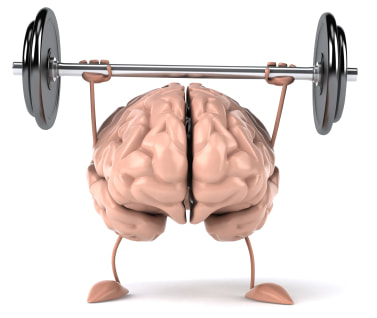 We have all probably heard anecdotally that exercise is good for the brain. Well now, two Stanford researchers are out to prove just that. These researchers think that exercise stimulates your muscles to release a combination of different molecules that communicate with other cells, ultimately leading to positive changes in the brain. Exercise may boost brain power. If these researchers are successful, it could lead to changes in how the government and school districts view the role of physical education in the development of our children. One can only wish for a day when 60 minutes of physical activity per day is a norm in our schools! If you are interested in learning more, visit this link to the National Institute of Health. Remember, you can help your kids get their 60 minutes of physical activity by being creative and encouraging family exercise. At 2nd Recess, we are always encouraging families to workout together. We have a new games that parents and kids can all try together, and have some fun! Simply print out the games, and take it to the park, the beach, or even your living room!
Check out the resources page to learn more! |
2nd recessInformation about health, fitness, and nutrition. Archives
April 2021
Subjects
All
|

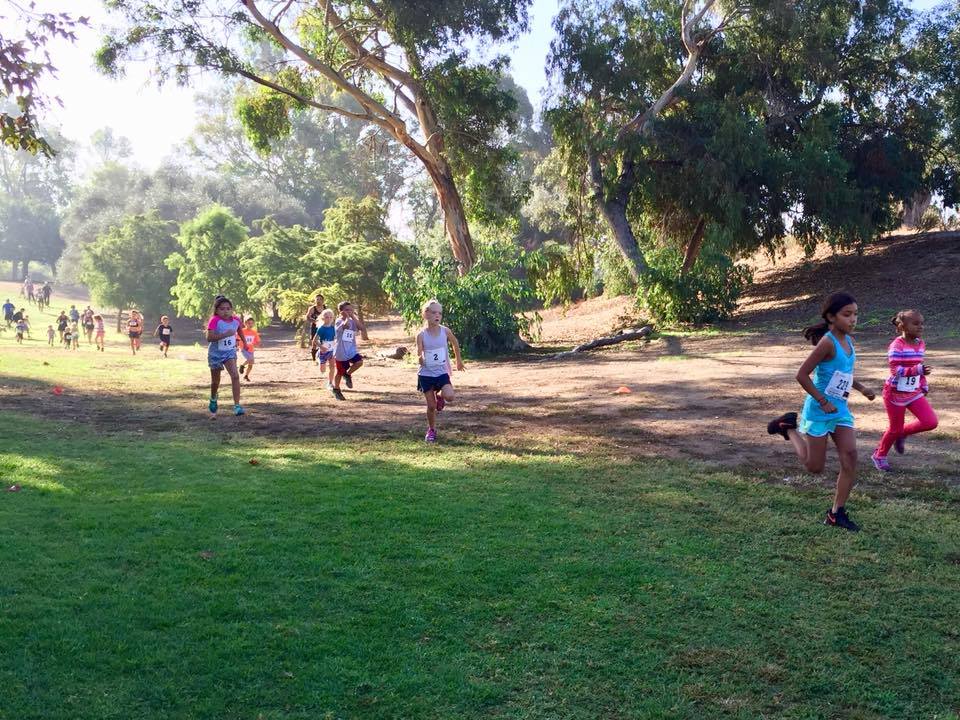
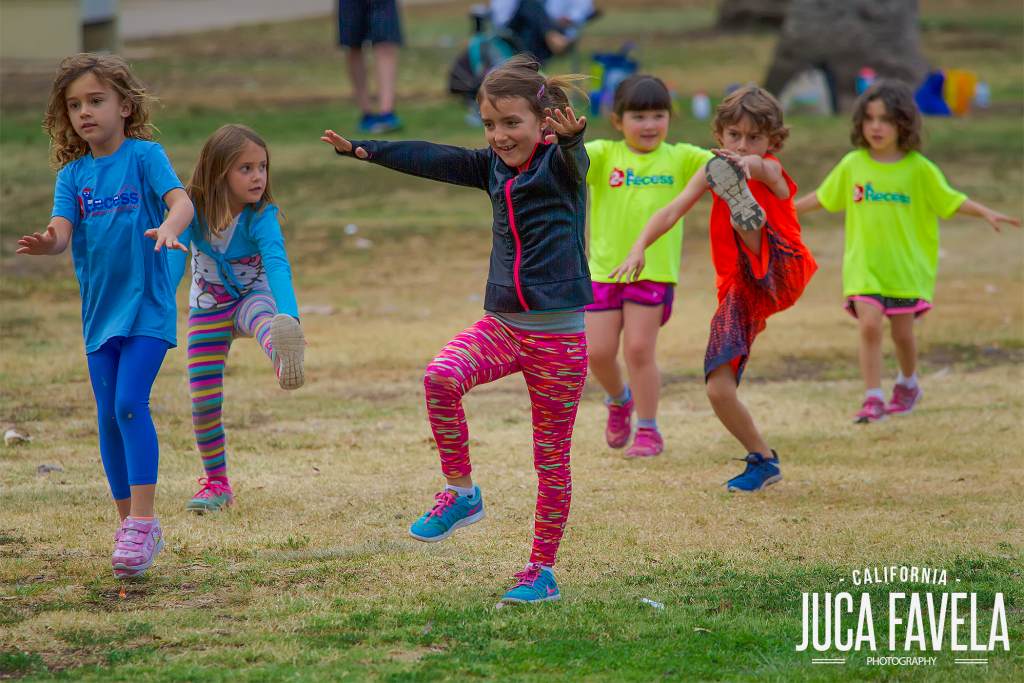
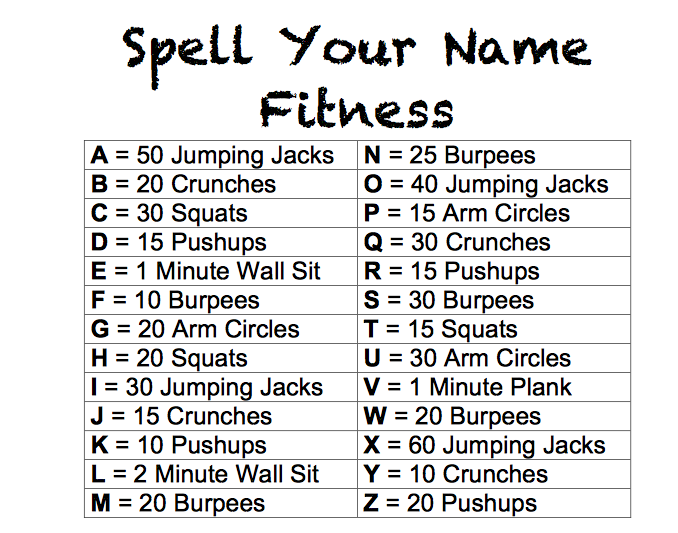
 RSS Feed
RSS Feed